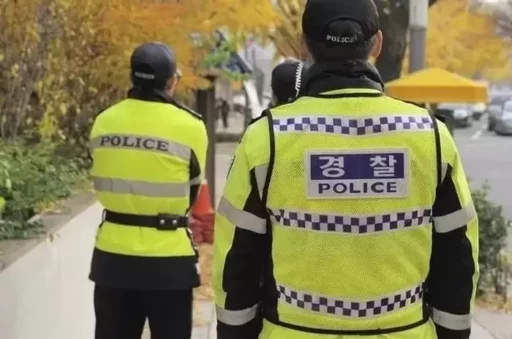Telegram Increases Arrests for Digital Crimes by Strengthening Cooperation with Law Enforcement
Telegram, which has long been notorious for its uncooperative stance toward law enforcement agencies, is actively changing its policies and cooperating with investigations.
Professor Kim Hwan-guk from National University of Korea (Information Security and Cryptology) pointed out, "Since Telegram's servers are located overseas, tracking by law enforcement agencies is difficult, and conversation content is encrypted, hence cooperation from the provider is essential. However, Telegram has not easily responded to requests for information about offenders for investigative purposes."

In South Korea, during the 'Nth Room (Doctor Room)' incident in 2019, police made seven requests for cooperation to Telegram but received no response. This uncooperative attitude posed significant obstacles to investigations of digital sexual crimes.
Changes in Telegram's Policies and Current Cooperation Status
The decisive turning point in Telegram's cooperative stance with law enforcement came after the arrest of Pavel Durov, the founder and CEO of Telegram, by French authorities in August of last year. Durov was indicted for neglecting the distribution of child pornography, drug trafficking, organized fraud, and money laundering on Telegram.
Since then, Telegram has begun to establish a cooperation system with law enforcement agencies by changing its privacy policies.

Currently, Telegram provides subscriber information and Internet Protocol (IP) data when Korean police submit requests in a specified format. After reviewing whether the request violates its policies or international law, Telegram reportedly complies with over 95% of requests. According to the police, the remaining 5% are in a state where requests have been sent and are awaiting a response, meaning that almost all material requests are being accepted.
Increase in Arrests for Digital Crimes
With Telegram's active cooperation, there has been an increase in cases of arrests for digital crimes.
On the 22nd of last month, the Gyeongnam Provincial Police Agency arrested a high school student in his teens who produced and distributed over 500 deepfake materials, along with 23 accomplices.
The police were able to apprehend them after receiving intelligence from Telegram in February.

Professor Kwon Dae-kyung from Dongguk University (Police and Criminal Justice) commented, "The anonymity online has led to malignant crimes and serious harm, causing delays in investigations. Telegram's cooperation not only revitalizes investigations but is also expected to have a positive impact on negotiations with other messenger platforms."
Image source: Reference photos for understanding the article / gettyimagesbank, unrelated reference photos / gettyimagesbank


